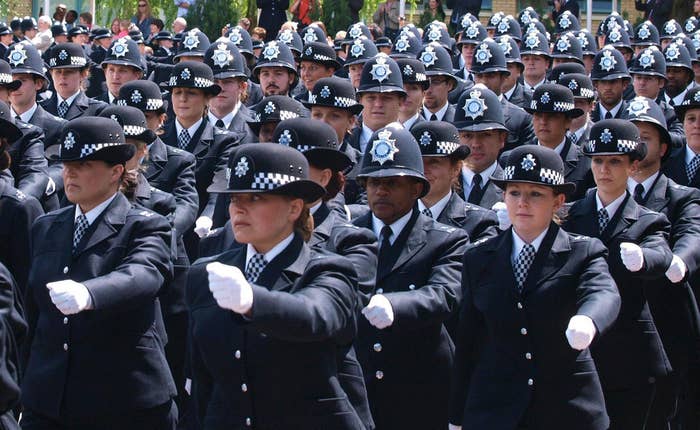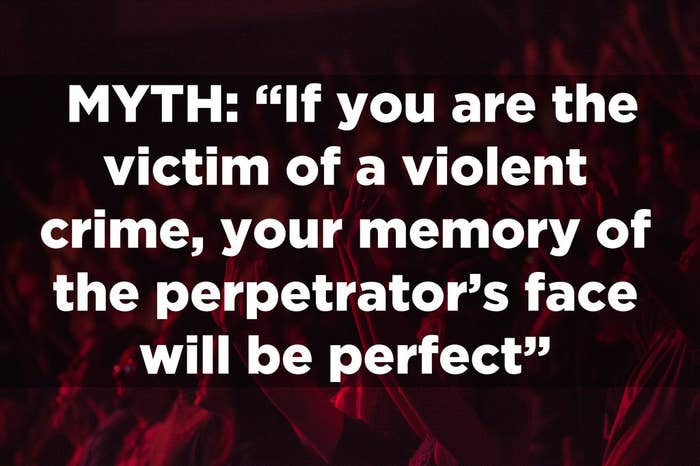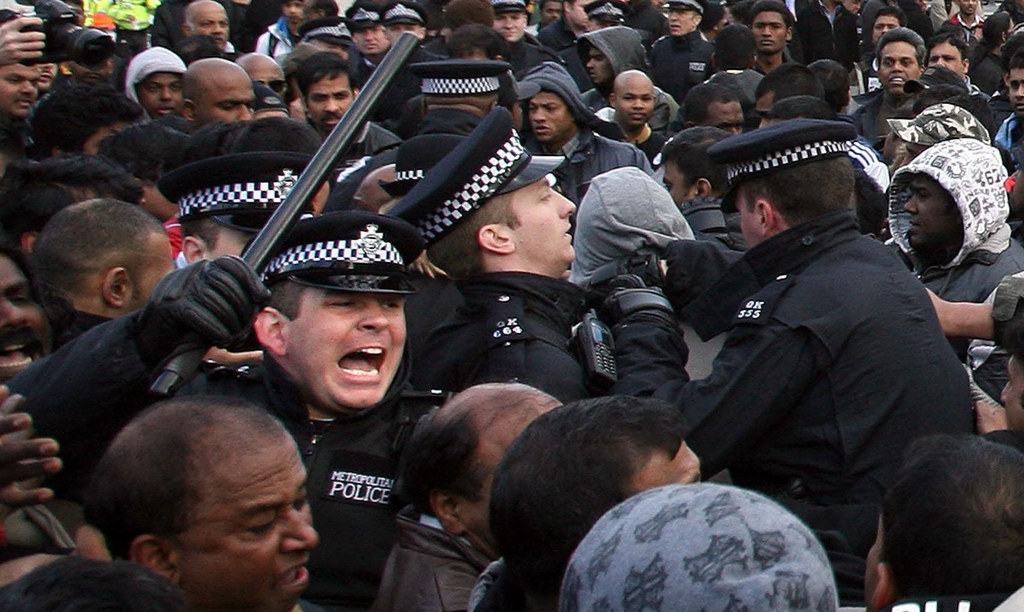Police officers are not any better than the general public at sorting facts from fiction when it comes to policing issues – and that could lead to miscarriages of justice.

All participants, including the police officers, misidentified over a third of the myths as true.
On average, the non-police participants misidentified 19 of the 50 myths as true and the police officers misidentified 18 as true.
But despite performing only about as well as the non-police on the test, the police officers rated themselves as 4% more confident in their answers.
"It's not a lot, but the fact that there's any increase in confidence to a normal sample is problematic, especially as they were scoring worse in some categories," Dr Julia Shaw, a psychologist at London South Bank University, and author of the paper, told BuzzFeed News. "We often associated confidence with accuracy, but this study didn't find that."
The test had five categories: police interrogations and procedures, courts, mental illness, memory and cognition, and "tough on crime".
All of the myths police officers thought were true have been debunked by psychologists and other experts.

This is the first such study that's been done in the UK, and it only surveyed 44 police officers, so more work is needed to see if this finding holds true on a wider scale.
All of the officers in the study were from the same police force, so the test really needs to be given to a much bigger and more varied group of people before definite conclusions can be drawn.
"The biggest thing with these kinds of studies is access, because the police don't like to be told they're doing things wrong," says Shaw. "As soon as I have access to a police force that is willing to work on something like this I would love to get in there and have a much bigger sample."
It's not just the police that struggle to keep up with scientific findings in their profession.

Police believing the myths is troubling in itself – but it can also have knock-on effects.
A psychological effect called overconfidence bias plays a part in people thinking they know more than they do, says Shaw. Overconfidence bias is when a person's confidence in their judgement is bigger than their actual accuracy – essentially, they think they're right more often than they actually are. It's what leads far more than 50% of people to claim they're an above-average driver, even though, mathematically, that can't be true.
Police officers who hold misconceptions "may apply techniques that have been empirically shown to lead to miscarriages of justice", write Shaw and her co-author, Chloe Chaplin of London Probation Services.
But there's another thing: People who believe pseudoscience about policing may also believe offenders should be punished more harshly. Previous work by Shaw and colleague Michael Woodworth of the University of British Columbia, Canada, has shown that having misconceptions about the legal system is linked to "tough on crime" beliefs and more punitive sentencing in mock trials.
"We found that people who were more misinformed – who scored worse on these misconception tests – were giving far harsher [mock] sentences," Shaw told BuzzFeed News. "They were putting people in prison more often, they were putting people in prison for life more often, they were just giving more extreme sanctions than those who knew more about the criminal justice system and understood the grey zones."
But there's hope in the form of evidence that teaching people psychology can reduce their misconceptions about the subject.

Training for UK police is decided force by force, says Shaw, but she would like to see mandated psychology training across the country.
"We should have mandated basic psych training," she told BuzzFeed News. "The memory is such a core feature of the criminal justice system. The memory of witnesses, the memory of suspects, the memory of everybody will make or break your case, and yet police officers have no idea how it actually works. And so I think the biggest thing we need is some deeper understanding about how the mind works."
